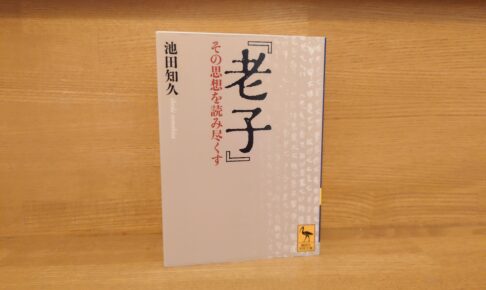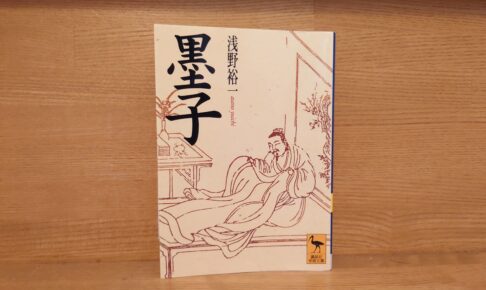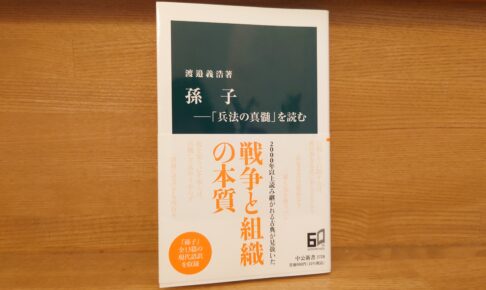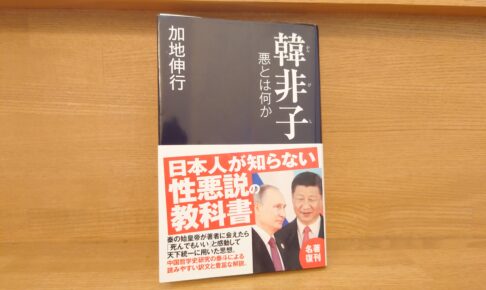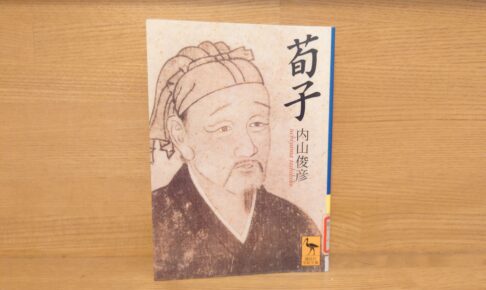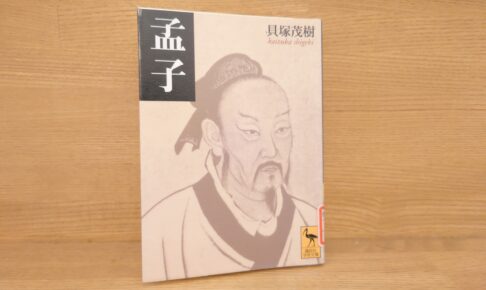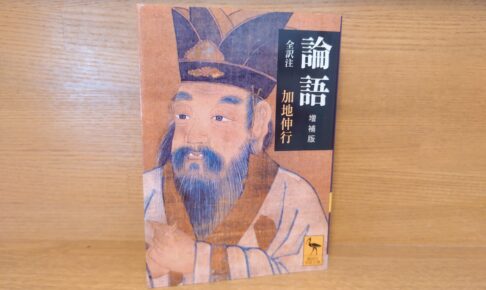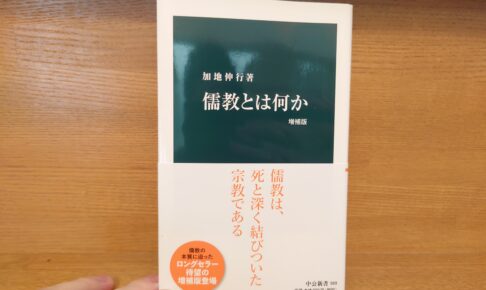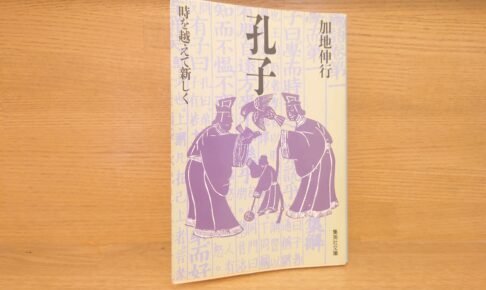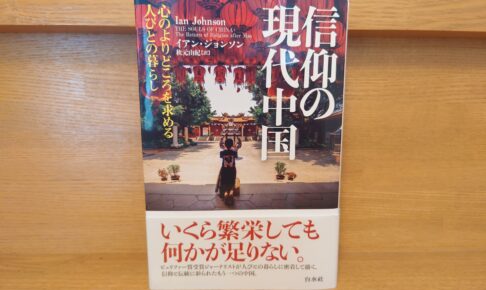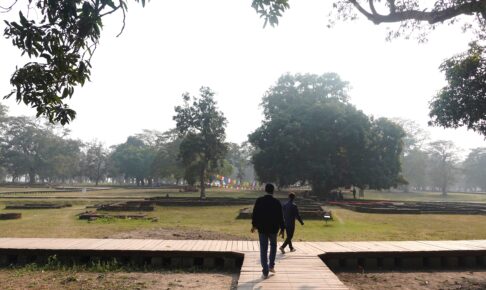Tomohisa Ikeda, "'Laozi': Read All About His Thought" - Recommended reference book that examines Laozi's thought from various perspectives.
In the first half of the book, the author looks at the historical background of Lao Tzu's life and the process of the book's formation. From there, the author will look at the thought of "Laozi" in four major themes: "Ethical Thought," "Political Thought," "Curing Thought," and "Natural Thought.
It is a tremendous volume. The book discusses Lao Tzu in considerable detail. There are also extensive notes.
I honestly think it is a tough introductory book, but if you are interested in learning more about Lao Tzu, I highly recommend this work. I also recommend Kunio Hachiya's "Lao Tzu Explorations: The Idea of Continuing Life" as a set with this book. This is a work to learn more about Lao Tzu, politics, the state, and the historical background.












